Search
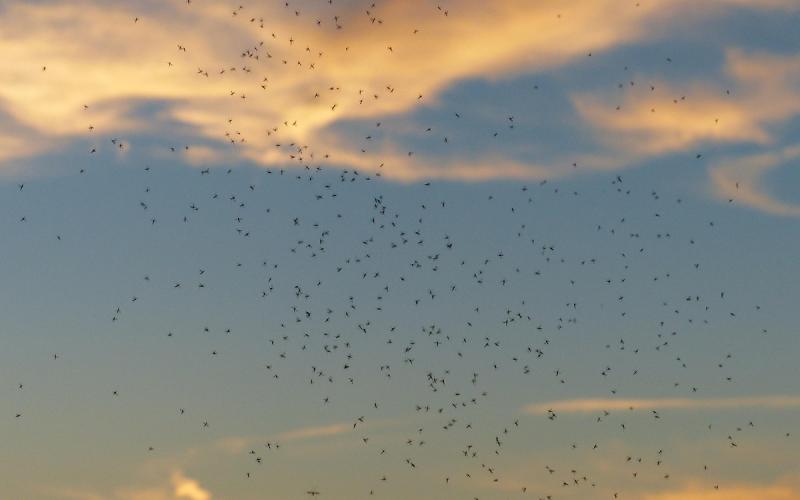
West Nile Virus Update: September 3, 2025
As of August, the South Dakota Department of Health indicated that West Nile Virus positive mosquito pools have been detected in Beadle, Brookings, Brown, Codington, Hughes, Lincoln, and Minnehaha counties.
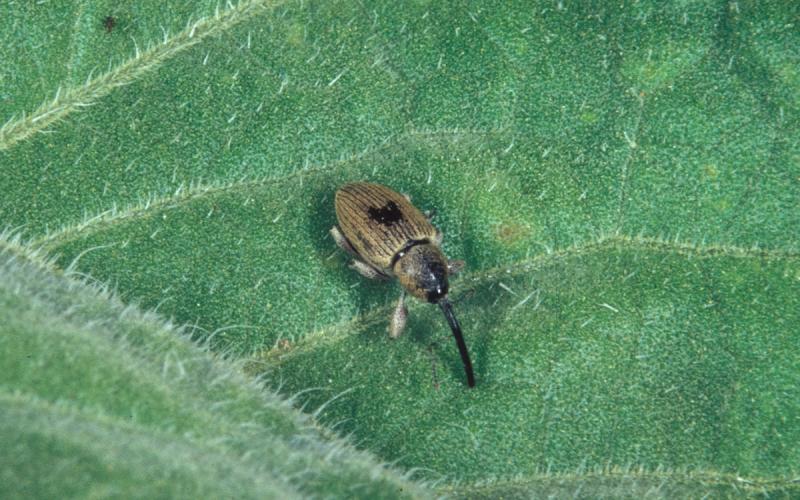
Did Malathion Effectively Manage Your Red Sunflower Seed Weevils?
Now that the August 31 deadline for the application of products containing malathion for red sunflower seed weevil management has passed, it is time to determine if the product was effective. South Dakota State University entomologists have received varying reports on this topic.
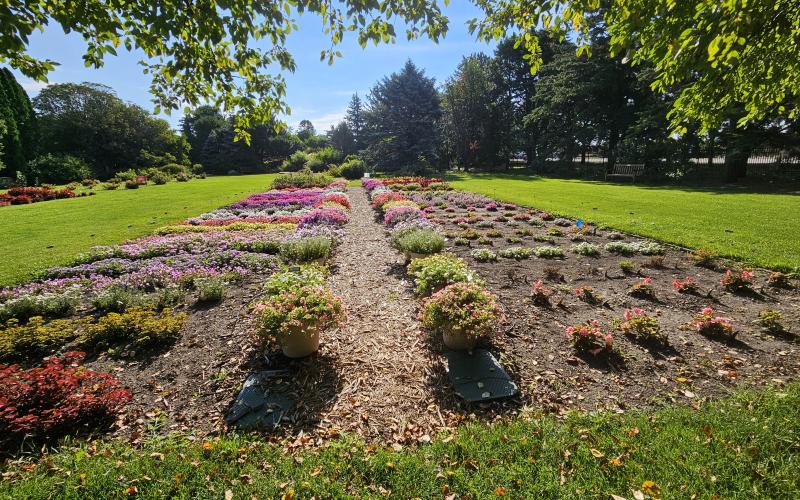
Garden Hour
Garden Hour will return with as a limited series during the fall and winter months.

Garden Hour
Garden Hour will return with as a limited series during the fall and winter months.
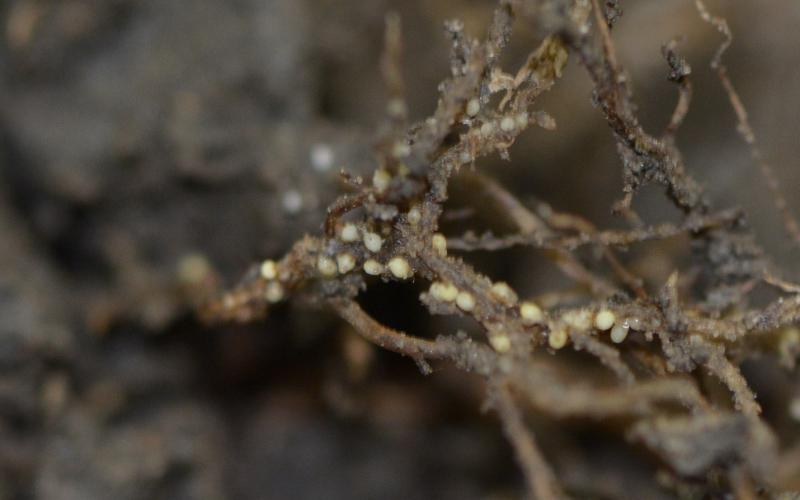
Integrating Precision Ag Tools for Smarter SCN Assessment and Management
Fact sheet on integrating Precision Ag tools for Soybean Cyst Nematode (SCN) assessment and management
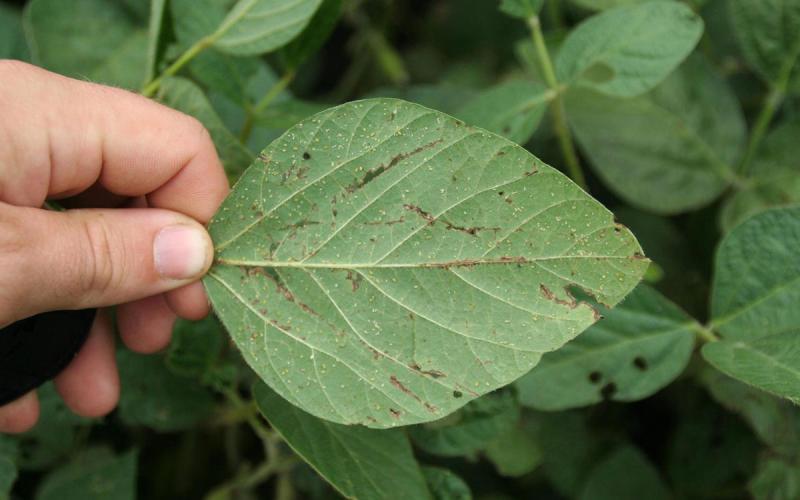
Should I Spray for Soybean Aphids at the End of August?
Soybean aphid populations are persisting in many soybean fields throughout eastern South Dakota. In many cases, these soybean aphid populations are either at the 250 aphids per plant threshold, or very close.
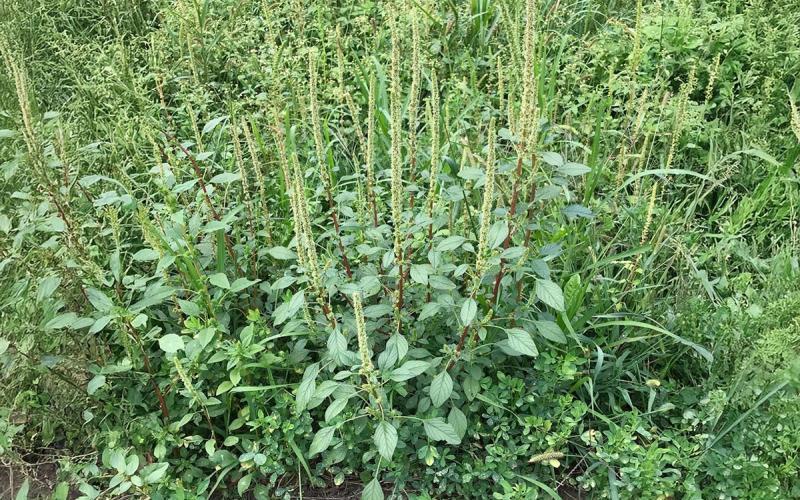
Palmer Amaranth Confirmed in Turner County: Is this weed in your fields?
Palmer amaranth has recently been confirmed in Turner County. Currently, the estimation of Palmer amaranth infestations has been confirmed in 18 counties across South Dakota
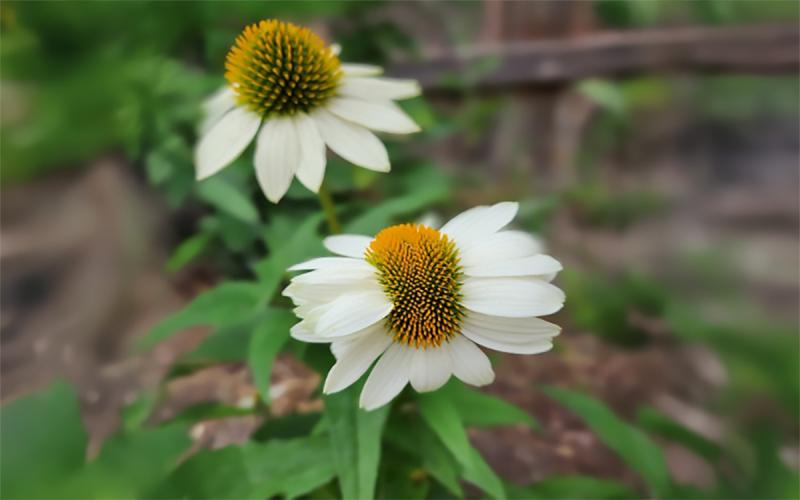
Fasciation: What’s going on with my plant?
Fasciation is a malformation of plant parts commonly manifested as enlargement, flattening or cojoining. The abnormal growth of plants can be uniquely puzzling and beautiful at the same time.
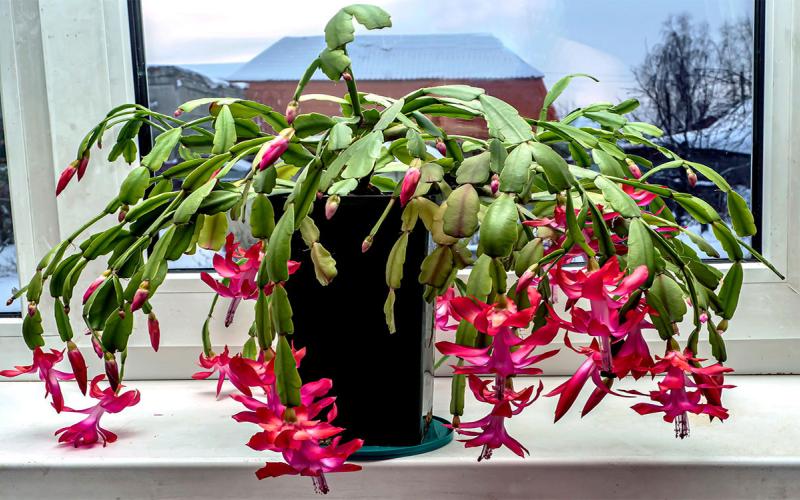
SDSU Extension to host off-season Garden Hour series
September 09, 2025
South Dakota State University Extension will continue its popular Garden Hour series during the off-season with webinars every other month.
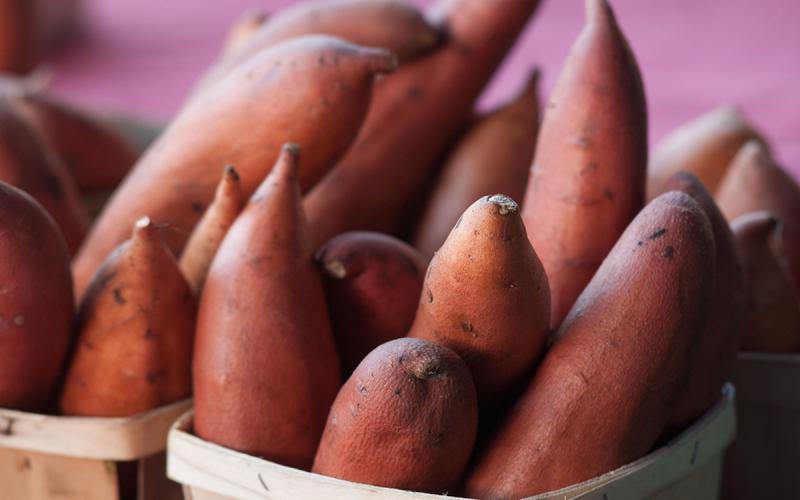
Sweet Potatoes: How to Grow It
Sweet potatoes are native to Central and South America, and their tasty orange flesh is a dietary staple in warm climates. Learn some expert tips for planting, growing, and harvesting them in this resource!